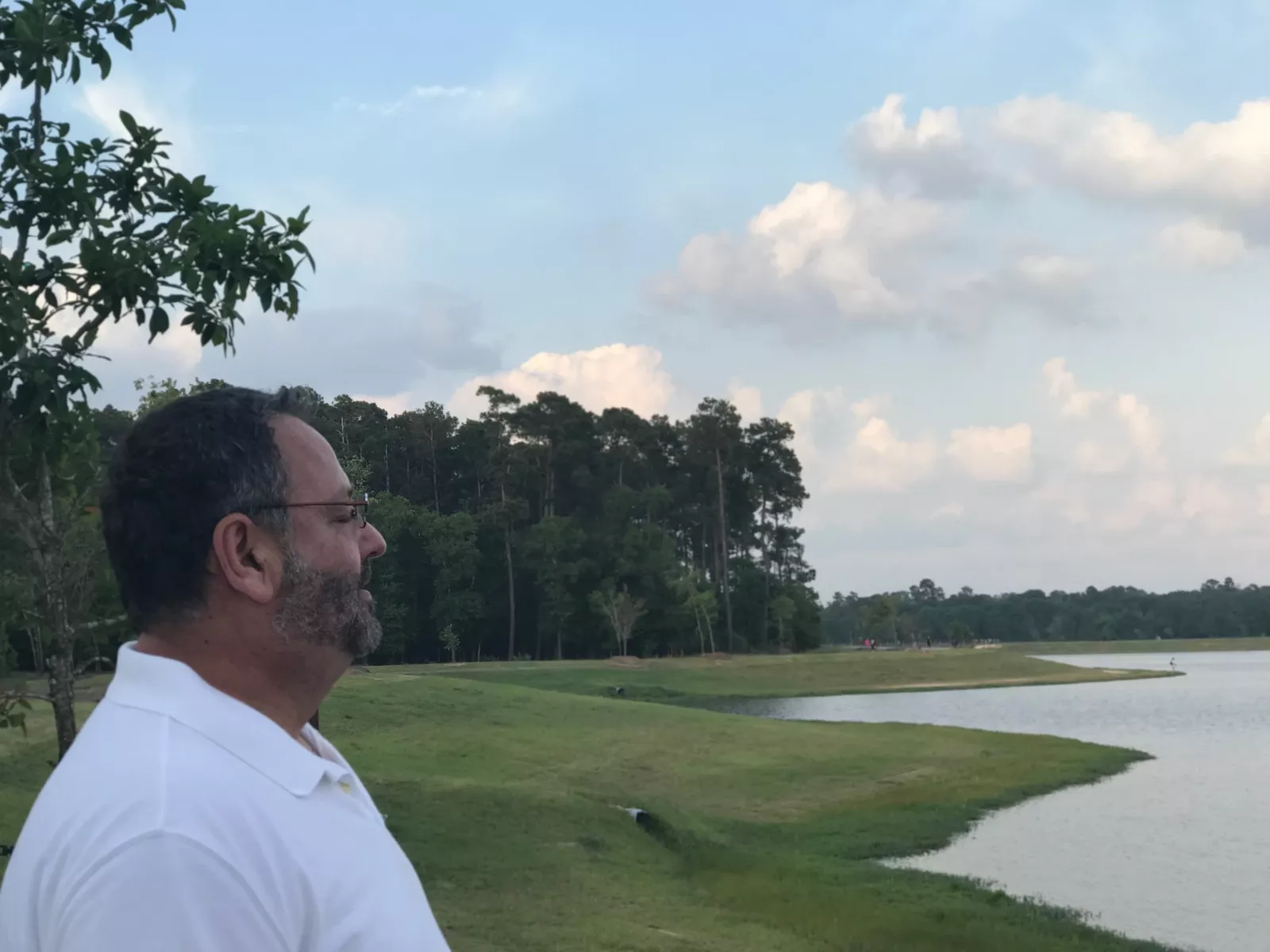How are You Doing? Do You Need Anything?
The sudden death of a loved one is like being thrown into the deep end of an ice filled pool. It's shocking, your body goes numb and your brain fogs over. You can't breathe. All systems go into extreme slow motion and you're stuck there. You can't just jump back out.
My children and I are among the lucky ones. We had and continue to have an extensive and supportive network of secular friends, so very, very few people told us it was "God's plan" or that Bruce was in a "better place."
Still, those other questions while seeming to be so basic, always gave me pause: "How am I?" I have no idea, and I have a thousand things I could say to that. "Do you need anything? Call me if you need anything." How to respond to that? I need SO much. I need everything but nothing I can actually get. On a regular day, in a regular life, those are such basic questions but to someone drowning in a traumatic experience, they can be overwhelming, even terrifying.
These thoughts of mine here are not in any way a criticism of anyone who ever asks those questions. I have asked them myself of others experiencing trauma, and I've done it since Bruce died even though I know those are such hard questions to answer.
The whole scenario has led me to put a lot of thought into how I can communicate with those in distress in ways that more effectively convey my love and concern and genuine desire to walk in support of them and bring whatever ease I can. Here are a few suggestions that might help.
Don't wait for them to call. I promised literally dozens of people that I would call if I needed anything. I knew those offers were completely sincere and I always meant that I would call. However, in the thick of things, I often found it extremely difficult to decide who I should call when I needed help. I came to understand that great emotional trauma short circuits the brain's decision-making process and clouds long term thinking to the point where coming up with practical solutions to the most mundane of life's problems is exhausting and further demoralizing. The process of thinking through my list of wonderful friends to decide who might be able to help me with the issue of the day was yet another decision to make in a seemingly endless list of decisions.
What I found most helpful were those who would just call me and fairly often. The calls or texts asking how my day was and what was going on not only helped me begin to process my grief but allowed me to talk through things and figure out what to do. Also, my friends were then aware of what I needed and could offer help before I could think to ask.
Ask more specific questions. "Are you holding up today?" "Are you sleeping?" "Do you need someone to stay with you?" "Can I bring you food?" "Can I help with kids/house/errands/out of town guests" etc., etc., etc. If possible, pinpoint which areas seem to be causing dilemmas or creating stress and offer direct assistance. Make it as simple as possible for them to receive your help.
Don't stop talking. Maybe this is specific to me but I don't want people to stop talking about Bruce because they think it might upset me. I want him remembered. I want to hear about ways he interacted with people that I might not be aware of, even if it causes some momentary sadness for us. He lived to make the world a better place; he worked hard at that every day. His legacy is out there on the internet and in writings I still stumble across from time to time. The reminders of him are proof that his time was too short but he made it count. Good memories are healing.
There is really no way to adequately describe the difference a support system makes when life is really rough. I am incredibly grateful for every person who reached out. Even when they said, "How are you doing?" because it meant they cared.

